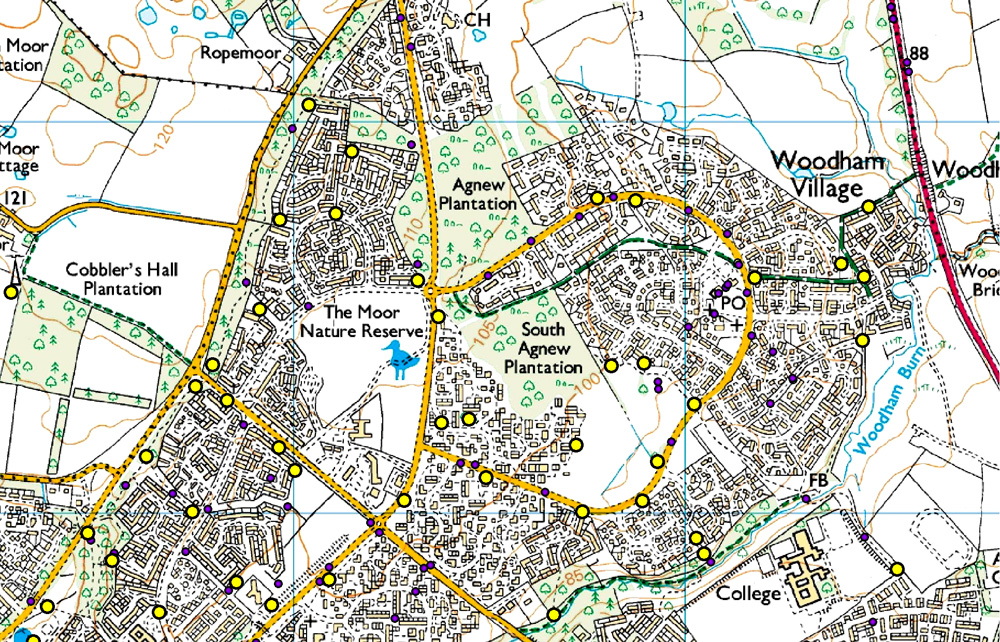Dear Sir,
I write at the request of many small local taxi proprietors and operators in our beautiful county. Those of us that have been in business for many years are heartened by Durham County Council’s dedication to improving the quality of our service to the public.
Years ago some taxi companies were regarded un-favourably in the way they employed their staff, treated their customers, road safety and not least the general public.
This reputation prompted many of us to call for stricter licensing and enforcement throughout our region. We wanted improved standards across the board and were keen to move towards a more professional, responsible, reliable and valuable local resource. Durham County Council achieved this.
Whilst we commend every effort to raise and maintain health & safety, knowledge and ability, the associated cost and accessibility of passing results has created a crisis in our industry. Whilst unemployment levels remain high, the cost of becoming a licensed taxi driver is regrettably out of reach for a majority of interested applicants that respond to our job adverts.
Taxiing is a job like any other with its advantages and disadvantages. It doesn’t suit everyone. With the increased use of automated software it is a solitary kind of employment with extremely unsociable hours and the possibility of violent attacks and robbery.
Our worry regarding the current situation is that we have jobs available, lots of opportunities for anyone seeking employment.
But we are being crippled by the costs and the testing it takes to recruit new drivers. The candidate wants to know, what happens if they are unsuited to the job? Or the job is unsuitable for them. They simply cannot afford the attempt, or have the time it takes to find out. To continually retake and spend months retrying to pass tests.
We may be small businesses but we are local employers offering jobs in our community. Our service is essential to town centres, workplaces, and crucial to the viability of our pubs, clubs and restaurants. Taxis are vitally important to our customers who need help accessing surgeries, shopping and friends etc.
We cannot remain viable without drivers, and many are closing down, decreasing in size, losing out because we cannot serve our customers in the way they wish.
An intermediate step in becoming a licensed driver could be a solution. The checks that ensured public safety; such as the DBS, advanced driving test and medical are adequate to obtain a temporary license. Having the opportunity to learn on the job whilst earning money, trying it out to make sure it is a good fit, the driver could then undertake the rest of the requirements and earn his or her full badge.
We absolutely agree that taxi services need to be continually assessed and improved however this cannot happen at the expense of disabling those very same firms that are caught in this trap between Council and prospective taxi driver.
Nicky Pagiatis










